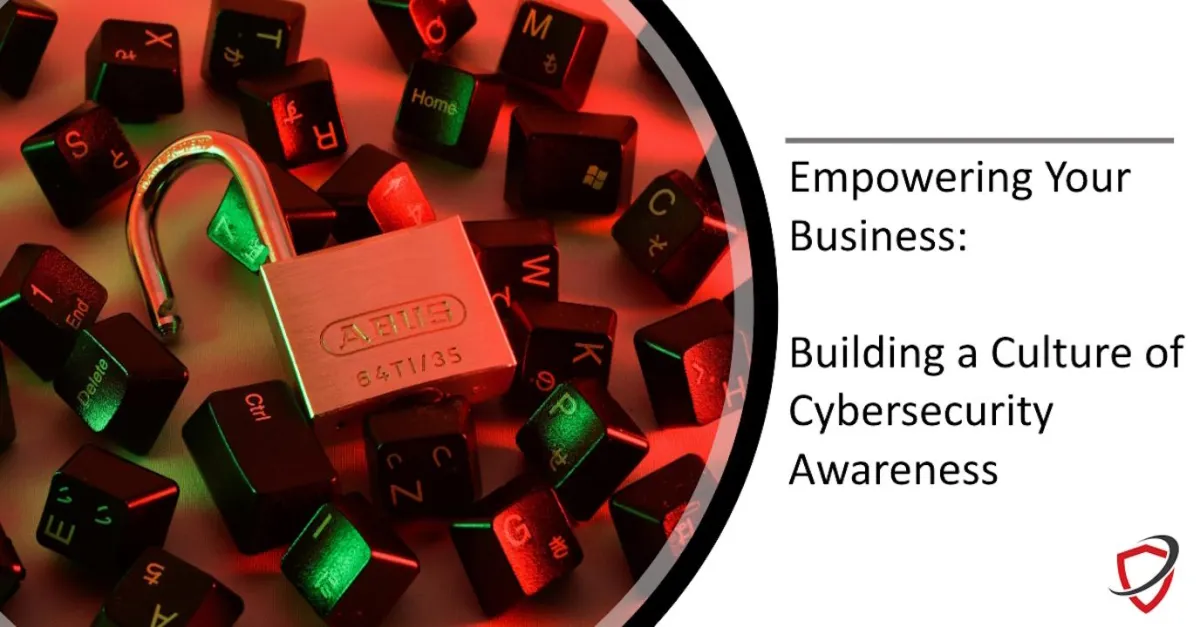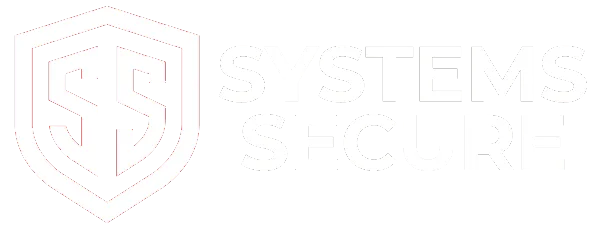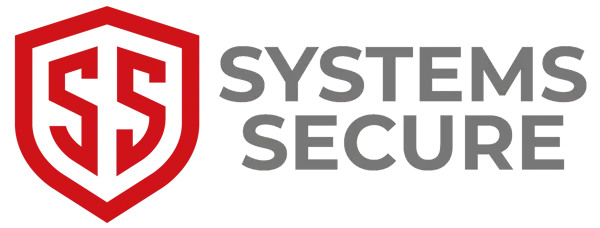Blog
Welcome to the Systems Secure Blog — your go-to resource for practical, no-fluff cybersecurity advice tailored for business owners and managers. Whether you're running a growing team or working with outsourced IT, we break down complex cyber risks into plain language and give you real-world solutions to protect your business, data, and reputation. From compliance guides and threat insights to expert tips on keeping your systems secure, we’ve got you covered.
🔒 Real advice. No jargon. Just smart, secure business.

Why Passwords Matter More Than Ever

Choosing the Best Password: How to Lock Down Your Digital Life
Passwords. We use them every day—sometimes without thinking. Yet these little strings of letters and symbols are often the only thing standing between your personal data and a cybercriminal.
Choosing the best password might sound basic, but it's one of the most important cybersecurity habits you can master. Whether you're protecting your bank account, email, or Netflix login, weak passwords can open the door to a world of trouble.
So, let’s chat—just you and me. I’ll walk you through what makes a strong password, common pitfalls, and the best practices for keeping your digital life secure.
Why Passwords Matter More Than Ever
Passwords are your first line of defense. And guess what? Hackers know we’re creatures of habit. They exploit reused or guessable passwords using brute-force attacks, credential stuffing, and even phishing scams.
According to Verizon’s Data Breach Investigations Report, over 80% of breaches involve stolen or weak credentials. So yes—your password is a big deal.
What Makes a "Good" Password?
Let’s start by defining what a strong password actually looks like.
[# H3] ✅ Key ingredients of the best passwords:
At least 12 characters long
A mix of upper and lower case letters
Numbers and special characters
No personal info (e.g. birthdays, pet names, or your child’s name)
Completely random and unique
If your password is something like James123, it’s time for an upgrade, my friend.
The Danger of Password Reuse
Ever used the same password for multiple sites? You’re not alone—more than 50% of people do it. But here’s the problem: if one site is breached, hackers test that same password across hundreds of others.
It's like giving a thief one key that opens your house, your car, your office… and your secret chocolate stash.
Passphrases: The Secret Weapon
Instead of trying to memorise random strings like *H9s$2v1#, try passphrases. These are longer, more memorable, and just as secure.
For example:PurpleToaster!SkipsDownStreet42
It’s easy to remember and tough to crack.
Pro tip: String together four unrelated words and add symbols or numbers. Use a password manager (we’ll get to that in a second) to store them securely.
Avoid These Common Password Mistakes
We’ve all made at least one of these classic errors. Let’s fix them.
[# H3] ❌ The greatest hits of bad password habits:
Using “password” as your password
Relying on keyboard patterns (
123456,qwerty,asdfgh)Adding “2024” to the end of an old password
Writing passwords on sticky notes
Sharing passwords over email or WhatsApp
How to Create (and Remember) Unique Passwords for Every Account
This is where password managers come in. Tools like Bitwarden, 1Password, or NordPass can:
Generate complex, unique passwords for every login
Store them securely in an encrypted vault
Autofill login fields so you don’t have to remember them all
Think of it as your digital brain, but safer.
👉 Related Post: What Is a Password Manager and Should You Use One?
Multi-Factor Authentication (MFA) – Your Password’s Best Friend
Even the best password isn't bulletproof. That’s where multi-factor authentication (MFA) comes in. It adds an extra layer—usually a code sent to your phone or an app like Authenticator or Duo Mobile.
Always enable MFA on sensitive accounts: email, banking, cloud storage, and especially admin accounts.
👉 Related Post: Why Multi-Factor Authentication Is Non-Negotiable
Tools for Testing Your Password Strength
Curious about how strong your current passwords are? Try these tools:
Have I Been Pwned – See if your email or password has been exposed in a breach.
Security.org’s Password Strength Test – Check how long it would take to crack your password.
⚠️ Tip: Never test your actual passwords—just variations or similar ones.
Passwords at Work: Business Risks and Best Practices
For business owners (especially small businesses), password hygiene isn't just a personal issue—it's a compliance and liability issue.
[# H3] Best practices for teams:
Enforce minimum password length and complexity
Use enterprise password managers (like LastPass Teams or Bitwarden Business)
Set up MFA for all users
Conduct regular cybersecurity training
Disable accounts when staff leave
👉 Related Post: Cyber Essentials for Small Businesses
Need help securing your workplace credentials? We can do a full audit and recommend the best solutions.
Passwords and Cyber Essentials
If you're working toward Cyber Essentials certification, password management is a core requirement. Weak passwords or lack of MFA can lead to failed audits or, worse, vulnerabilities in your systems.
Let Systems Secure help you meet Cyber Essentials standards with guidance on:
Secure account setups
Policy enforcement
Staff awareness training
📞 Contact us at 07588 455611 or email [email protected]
Password Policy Tips for Your Organisation
Create a written password policy that includes:
Minimum length (12+ characters)
No reuse across systems
MFA enforcement
Use of password managers
Regular rotation only when there’s a suspected breach (not every 30 days)
Randomly changing strong passwords more often can lead to worse security due to human error.
The Future of Passwords: Passkeys and Biometrics
We’re heading toward a passwordless future, with options like passkeys (supported by Apple, Google, and Microsoft), biometrics (Face ID, fingerprints), and hardware keys like YubiKey.
Still, passwords aren’t going anywhere overnight. So it's worth mastering them now, while keeping an eye on what’s next.
[# H2] Image Suggestions
Here are a few image ideas to include in the blog post for visual appeal:
Image 1: A confused person trying to remember multiple passwords
Alt text: "User overwhelmed by too many passwords"Image 2: A lock and password manager interface
Alt text: "Password manager securing digital credentials"Image 3: Example of a strong passphrase on a sticky note (blurred)
Alt text: "Example of a secure password written as a passphrase"
Final Thoughts: Passwords Are Your Digital Keys—Guard Them Like Gold
Look, I get it. Managing passwords can feel like a pain. But taking a few simple steps now can save you from major headaches later—like identity theft, financial loss, or business downtime.
[# H3] Here’s a quick checklist:
✅ Use a password manager
✅ Enable multi-factor authentication
✅ Create unique passwords for every site
✅ Avoid personal info and common patterns
✅ Train your staff and update your policies
Need Help? Let’s Talk
Whether you're a business owner looking to harden your IT environment, or just want peace of mind that your passwords aren’t a ticking time bomb—we’ve got your back.
📞 Call us at 07588 455611
📧 Email [email protected]
Let’s keep the bad guys out, one password at a time.

Quick Links
©Systems Secure 2025
All Rights Reserved





